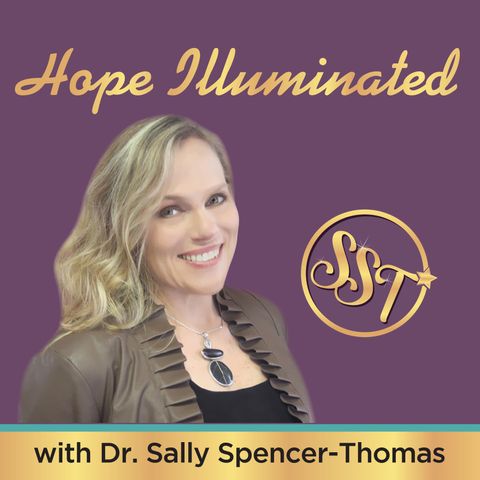Lessons Learned from Colorado The Good Bad and Ugly of Marijuana and Mental Health Ben Cort Ep 37

Download and listen anywhere
Download your favorite episodes and enjoy them, wherever you are! Sign up or log in now to access offline listening.
Description
A recent Scientific American article entitled is “Cannabis Good or Bad for Mental Health?” suggested that if you think you understand cannabis and its impact on our well-being, you probably...
show moreWeed Inc.jpg
Generally speaking, the psychoactive agent THC can produce anxiety and psychotic features like paranoia at high doses, and CBD tends to counteract these. On one hand, addiction to cannabis does happen, but only to a minority (1 in 10) of users (still, a lot of people). On the other hand, cannabis is being used to help people with opioid addiction with their withdrawal and cravings.
For the causal adult user — just like with alcohol — there are few issues. In this episode, I interview Ben Cort — a man who literally wrote the book on weed (Weed Inc, Health Communications Inc 2018). We cover the evolution of marijuana and what has happened since Colorado Amendment 64, which was passed by voters on November 6, 2012 and led to legalization in January 2014. We talk about the factors that lead to addiction, what we are learning about youth use, and the risks of overdose and THC facilitated mortality (e.g, drugged driving). Finally, we discuss the social justice issues and community well-being when profit is king in the marijuana industry.
We also discuss the “responsible use” guidelines for cannabis use:
Use before the brain is fully myelinated (age 25 for males, 23 for females) is not recommended.
Less than 10% THC (better 8% THC) WITH 4% CBD will often get people the experience they are hoping for — stronger than that and it might be very intense for the user without tolerance.
Buy local or grow it yourself. Corporate weed comes with many social justice issues.
Don’t get high and drive or engage in behavior that requires swift reactions for safety.
Don’t use in front of kids.
If weed is your go-to solution for problems, you probably have a problem. As Ben reminds us, “Even Snoop takes reset no-use periods to adjust tolerance.” If the idea of a 60-day abstinence period makes you squirm, consider 30 days. Try stopping and see what comes up.
About Ben Cort
Ben Cort headshot.jpg
Sober since 6/15/96 Ben Cort has walked the road of addiction and recovery. A co-founder of the non-profit Phoenix Multisport, a “sober active” community that provides peer-based athletic and adventure activities to hep people sustain their recovery.
He worked on public policy related to Colorado’s Amendment 64, the constitutional amendment that would ultimately allow for the commercialization of marijuana in Colorado and is the founder of Addiction Treatment Marketers Organization (ATMO), an organization that educates marketers and admissions professionals working in the field with a strong foundation of ethics.
His first book, Weed, Inc published in 2017 and his TEDx Talk “What Commercialization is Doing to Cannabis” has over 2 million views.
for more information on this and other Hope Illuminated episodes go to https://www.sallyspencerthomas.com/hope-illuminated-podcast/37
Information
Copyright 2024 - Spreaker Inc. an iHeartMedia Company

Comments